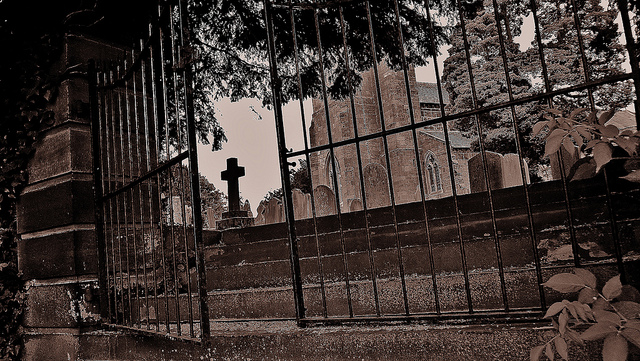There is always hope

There are people everywhere who feel as though they cannot be part of our world any longer.
Sadly, some of those people have tried to take their own lives.
In 2015, over 3,000 people died by suicide, and it is presumed that for every death there were as many as 25 attempts.
Whilst this seems like a new phenomenon, we read in the Bible about people who have struggled with great fear, sadness and hopelessness.
The Psalmist even declares that God was the only thing that, “kept my eyes from closing [for he] was too troubled to speak.” (Psalm 77:4).
Yet even though these feelings of hopelessness and suicide are common, Christians believe that suicide is a great tragedy.
After all, God has knit each person together in their mother’s womb (Psalm 139) and made each of us in his image (Genesis 1).
It grieves God to see his children feeling so hopeless, especially when Jesus offers such hope.
If you think someone may be experiencing suicidal thoughts, then it important that you ask them how they’re going.
This is the message that Tim and I were taught in a recent seminar by Lifeline on this topic of suicide intervention.
We were encouraged to speak to people who seem troubled, and to say something like, “hey, you’ve seemed really down lately: have you been thinking about suicide?”
It’s a bold question to ask, but it will let that person know you care and give them an opportunity to talk about what’s going on in their lives.
For, in the same way that you’d run to help someone who was clutching their chest in pain, we need to assist people who are suffering emotionally.
We must care well for others and try to offer hope.
If you need to speak to someone now, contact www.lifeline.org.au on 13 11 14.
RAYNE ORANGE









